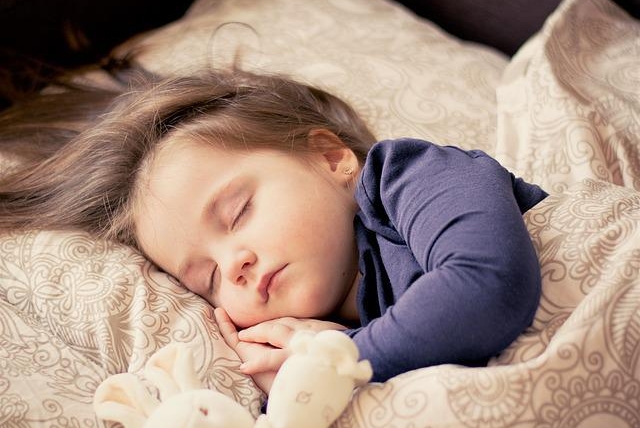Many researchers and professionals have different ideas on how to make a couple’s sexual relationship stronger. Some think that it is best to focus on couple bonding, also known as attachment. Others want to focus on balancing the attachment with a sense self and autonomy, known as differentiation. A research team decided to see whether focusing on couple boding or focusing on a balance between a sense of self and autonomy, with couple bonding, was better of couples’ sexual relationships.
The researchers collected two samples of data from a longitudinal study of inner family life. The two samples combined included 286 married couples, that completed various assessments of their relationships. The notable assessments were those on differentiation, sexual satisfaction and desire, and attachment style. All of the assessments were conducted twice, once in 2010 and once in 2011.
Surprisingly, the results did not show evidence that avoidant and anxious attachment styles predicted changes in sexual desire over time. However, the results of the study showed two parts of differentiation did predict changes in sexual desire over time. Each part that predicted the change was unique to each sex.
Men with lower emotional cutoff were associated with an increase in sexual desire. Emotional cutoff describes “how people manage their unresolved emotional issues with parents, siblings, and other family members by reducing or totally cutting off emotional contact with them.” These men basically have an easier time talking about/expressing their feelings.
Women with lower emotional reactivity were associated with an increase in sexual desire. Emotional reactivity describes “the tendency to experience frequent and intense emotional arousal.” The women with lower emotional reactivity generally have an easier time dealing with their emotions and feelings.
Researchers also found that “couples’ attachment and differentiation levels predicted each other across time.” For example, men with higher sexual desire in 2011, had a decreased anxious attachment and emotional reactivity in 2011 and women with higher sexual satisfaction in 2010 had decreased emotional reactivity in 2011.
It should be noted however, that the study has limitations. The sample was taken from a Northwestern city in the US, were middle-aged, and in mixed-sex marriages. More research needs to be done on a wider range of demographics to solidify the findings.
Original Article: https://www.psypost.org/2022/04/differentiation-of-self-predicts-changes-in-sexual-desire-among-married-couples-study-finds-63005
Study: https://www.tandfonline.com/doi/abs/10.1080/14681994.2021.2003320





